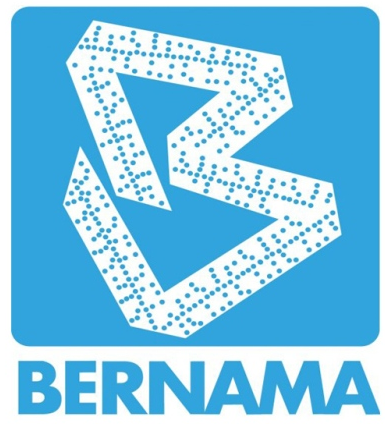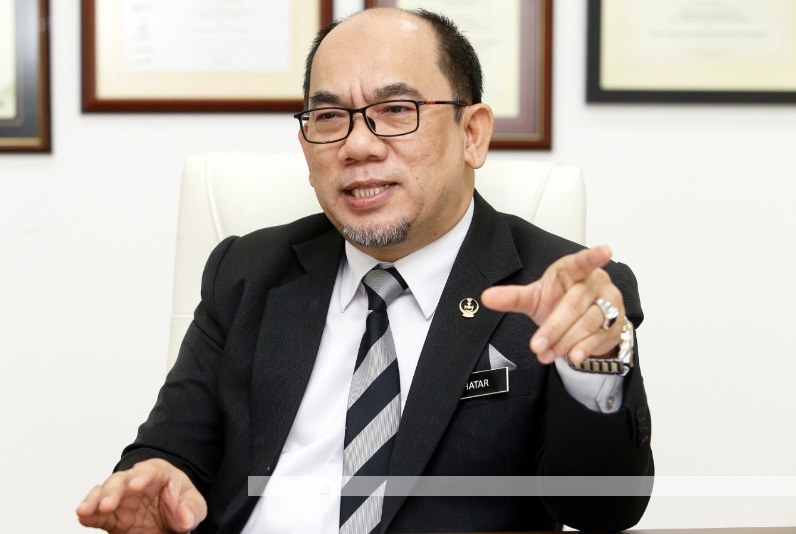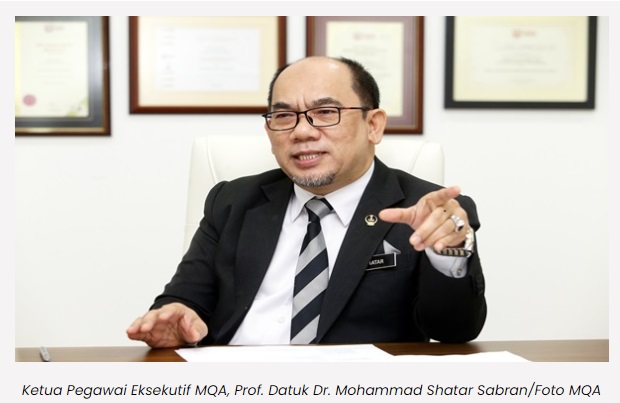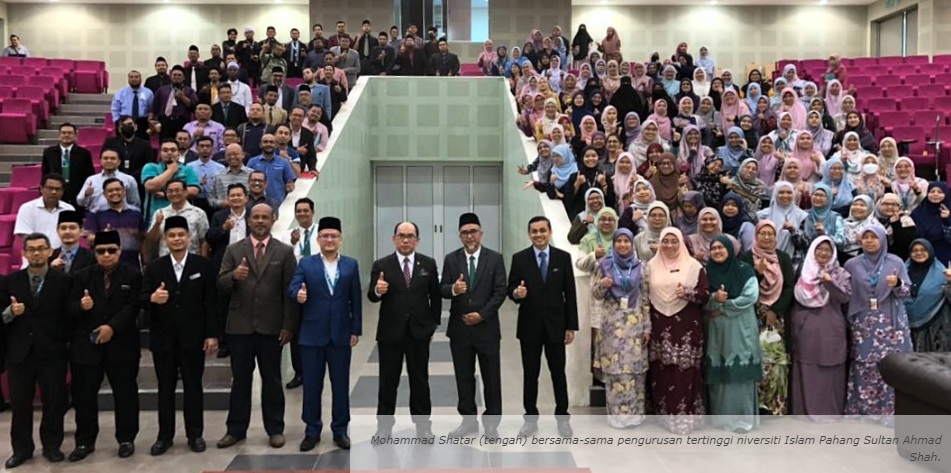|
By: Prof. Dato Dr Jafri Malin Abdullah, Prof. Ts. Dr Amin Ismail dan Prof. Madya Dr Muhammad Saiful Bahri Yusoff
Discussions about nutrition and health are often the main topics for Malaysians, especially on festive days. However, when we are engrossed in the joy and happiness of celebrating it, we often forget about the important needs of our parents who are increasingly vulnerable to health problems and decreased quality of life due to the aging process.
Are we thinking about the type, form, nutrients, and nutritional recommendations that are appropriate to ensure that their needs and comfort are well taken care of? As sensitive and caring children, it is our responsibility to ensure the well-being of our parents, including ensuring good and appropriate nutrition.
Nutritional care of the elderly
As a country, Malaysia will face an aging population in the near future. The progress of our country in moving towards the status of an old country is faster than that of developed countries. Therefore, this phenomenon should trigger a concerted effort from various institutions and responsible parties, including us as children and community members. We should plan, take action, and effective strategies in ensuring the improvement of the well-being and quality of life of the elderly in Malaysia. We must not be complacent any longer, because this delay will hamper efforts to deal with issues related to the well-being and health of the senior citizens.
Children should pay great attention to the nutritional issues of the elderly. They need a balanced, healthy, tasty and quality diet to ensure good health and well-being. Success in maintaining good nutrition for the elderly depends on the presence of individuals who have knowledge in their field of nutrition. Lack of attention to a balanced and healthy diet has a negative impact on health and well-being. Diseases such as diabetes, heart problems, high blood pressure, obesity and nutrition-related diseases can reduce the quality of life and well-being of the elderly.
Therefore, it is important for us to observe the risk of nutritional deficiencies and emphasize the consumption of balanced diet. Lack of awareness, knowledge, motivation and support in the community is the main cause of the problem of lack or excess of food intake and ultimately leads to disease.
This phenomenon often occurs in our communities, whether in the city or the countryside. Accordingly, the Malaysian Ministry of Health is responsible for training health personnel, volunteers and the community on the importance of healthy and quality nutrition for the elderly. Cooperation with various ministries, institutions, universities, and associations can strengthen this effort, not only in the institution but also in the community.
Ensure effective policies and guidelines
The Malaysian Ministry of Health has introduced policies, guidelines, and modules related to the health of the elderly. However, the question is, is this guide sufficient and used perfectly by all parties involved in looking after the well-being of the elderly? If not, improvements and coordination need to be done to ensure that the benefits can be felt by all senior citizens. The Elderly Nutrition Guide in institutions should also be used by various parties involved in the care of the elderly.
Although several local universities have conducted studies related to food and nutrition of the elderly and the results of these studies have been published and used as training modules, there is still a need to coordinate how to disseminate this information to all the elderly in the local community throughout the state and district. Therefore, it is possible that we need more support and resources to ensure the effective delivery of information to all parties involved in maintaining the well-being of the elderly.
The National Council of Professors (MPN) of the Medical and Health Sciences Cluster (KPSK) will focus specifically on the health and well-being of the elderly. By bringing together experts from local universities, MPN KPSK will plan, implement and maintain programmes to improve the health of the elderly, whether in urban or rural areas.
Through collaboration between university experts in Malaysia, MPN KPSK can assist in coordinating the country's efforts in forming policies, policies, guidelines, training and modules related to the health well-being of the elderly.
This will ensure that the programmes produced meet the needs of the elderly and provide real benefits to them. To improve the well-being of the elderly, there needs to be cooperation and coordination of efforts among all parties involved to achieve common goals.
----------------------------------------------------------------------------------------------------
Prof. Dato’ Dr Jafri Malin Abdullah is the Head of the Medicine and Health Sciences Cluster of the National Professors Council (MPN)/Universiti Sains Malaysia (USM)
Prof. Ts. Dr Amin Ismail is the Deputy Head of Medicine and Health Sciences Cluster of the National Professors Council (MPN)/Universiti Putra Malaysia (UPM)
Prof. Madya Dr Muhammad Saiful Bahri Yusoff is the Secretary of Medicine and Health Sciences Cluster of the National Professors Council (MPN)/Universiti Sains Malaysia (USM)
(Everything stated in this article is the author's opinion and does not represent BERNAMA's official basis or stance)
|





























